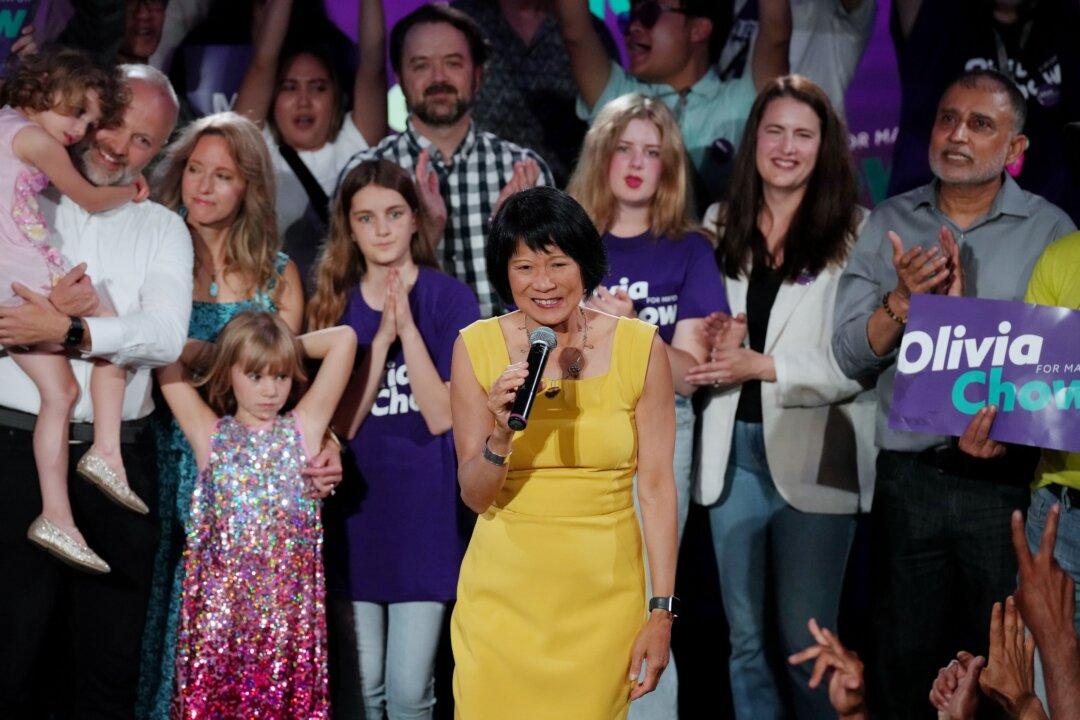Toronto’s newly elected mayor Olivia Chow promised a number of changes during her two-month campaign, the most notable being plans to build affordable housing on publicly owned land and expand eligibility requirements for renters.
Chow, a former NDP MP who also ran in the 2014 Toronto mayoral election, losing that race, focused mainly on her “City Homes Plan” during her campaign, which would “allow the City to act as a developer to build 25,000 rent-controlled homes on city-owned land.”





